The Madagascar lychee
Madagascar lychee exportation is the result of an entire profession’s uncommon path, filled with trials and challenges, remarkable experiences, but beyond that, fabulous human adventures.
About us
The Litchi Exporters Group (GEL)
Malagasy lychee exporters first gathered in 1993 within SELMA (Syndicat professionnel des Exportateurs de Litchis de Madagascar) in order to standardize and organize their production and trades.
After two decades of struggle, the union renewed itself in 2011 under the name ‘Groupement des Exportateurs de Litchi de Madagascar’ (GEL), with the aim of professionalizing and developing a sustainable industry, which eventually came on the top list of national strategic priority.
Under the supervision of the Ministry of Trade and in collaboration with the Ministry of Agriculture, the GEL’s mission is to :
- Initiate and lead the National Strategy and the overall organization of Madagascar lychee exports,
- Ensure the ongoing professionalization of the industry, knowing the increasing standards and the sharpness of requirements from buying countries,
- Deal with the government and local authorities, industry support programs, technical and financial partners, on behalf of the profession,
- Ensure the sustainability of the industry and safeguard the interests of the main players in the production chain: exporters, farmers and small traders.
Partners
Institutional partners

The Ministry of Industrialisation, Trade and Consumer Affairs
Ministry lead of the lychee sector :
- It supervises and regulates the GEL and the whole industry, collaborates closely in the implementation and organization of export campaigns, and ensures that they run smoothly every year,
- It carries out annual audits of packing facilities, issues export approvals and chairs the annual campaign steering committee,
- It supports the group in its institutional and commercial efforts to prospect and penetrate new markets.
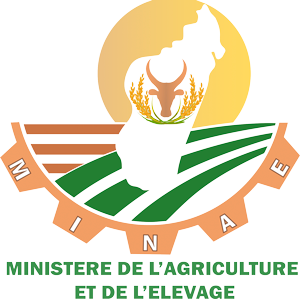
The Ministry of Agriculture and Livestock
The Ministry of Agriculture works closely with the GEL through the Direction de la Protection des Végétaux (DPV) on :
- All upstream technical aspects of Litchi production: Annual phenological monitoring, technical support for growers, etc.
- Steering the annual export campaigns,
- Ensuring that all players in the chain (exporters, traders and growers) comply with SPS standards, etc.
- Institutional initiatives to prospect new markets.
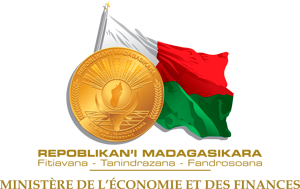
The Ministry of the Economy and Finance
The Ministry of the Economy and Finance supervises annual lychee exports at various levels:
- through FINEX, it systematically monitors the regularity of all lychee exporters in terms of their annual repatriation of foreign currency,
- through the Customs Department and all related entities, it ensures the implementation of strategies and provisions regarding the annual exports organization.

The Ministry of Labour, Employment, the Civil Service and Social Legislation
The Ministry of Employment actively supports the lychee sector, in collaboration with various technical partners such as COLEAD and the ILO.
For a number of years now, it has been organizing regular awareness-raising missions, training and support programs for farmers, small traders and exporters, on occupational health and safety requirements, with the aim of promoting knowledge and improving structure plus overall working conditions of every stakeholder in the production chain.
This approach supports and goes hand in hand with GEL’s desire and commitment to have a long-term impact on communities and their environment.
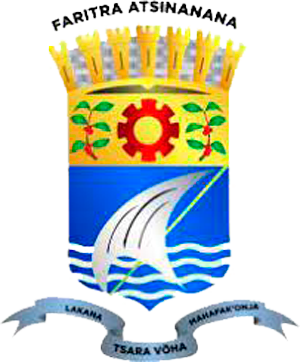
The Atsinanana Region
The Atsinanana Region is a key player in Madagascar’s lychee industry. As the first local and regional authority in Toamasina, it regulates and supervises the organization and running of each export campaign.
It chairs the annual meetings of the Steering Committee, and coordinates all local arrangements in terms of security, and urban and rural logistics in the Atsinanana region. It also organizes and implements all measures related to the management and the administrative handling of small traders during the season.
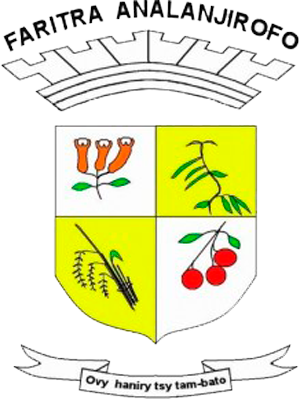
The Analanjirofo Region
The Analanjirofo Region also plays a key role in Madagascar’s lychee sector. It provides a significant lychee production basin for exports and is therefore a major player in the industry.
It is an integral part of the campaign steering committee and, just like its counterpart in Atsinanana, is responsible for the supervision and administration of lychee trading in the Analanjirofo region.
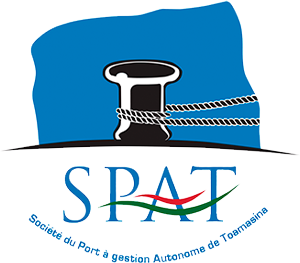
SPAT - Port of Toamasina
The Port of Toamasina plays a key role for smooth operations for the export of lychee, especially when it comes to :
- Organizing ships berthing ,
- Supervising and coordinating all loading operations with the various stakeholders, for both breakbulk and container vessels,
- Setting up tailor made processes to ease the flow of the very sensitive fruits
Technical partners

Le Centre Technique Horticole de Tamatave (CTHT)
Created in April 2001 under the supervision of the Ministry of Agriculture, the CTHT is an inter-professional association working to support the development of horticultural export sectors, especially the lychee. The CTHT, whose activities ‘have been defined to secure traditional production’ and support its development, is involved both upstream (planting and cultivation) and downstream (processing, treatment, export).
As part of its mission, and more specifically the one dedicated to Litchi, the CTHT provides Malagasy exporters with an independent laboratory service that analyses horticultural products before they are exported, making Madagascar’s reputation worldwide.
This laboratory, which has been operational since 2006 and is the only one of its kind in Madagascar, is approved at national level by the Ministry of Trade and Consumer Affairs to carry out physico-chemical analyses of products of plant origin (approval no. 237-14/MCC dated 17/12/2014).
More generally, the mission of the CTHT laboratory is to support the development of horticultural export industries by enabling operators in the sector to market healthy, quality products that meet the commercial and regulatory requirements imposed in the receiving countries, with the overall aim of promoting the availability of good, safe products to consumers and improving economic development.
The CTHT laboratory aims to offer its customers objective results, in the most independent and unrestricted way, while respecting work ethics and good laboratory practice.
Source : Laboratory – CTHT

Le COLEAD est une association à but non lucratif créée en 1973. C’est aussi un réseau d’entreprises, d’organisations professionnelles et d’experts engagés dans une agriculture inclusive et durable. Le COLEAD conçoit et gère des programmes de développement dans le secteur agricole et alimentaire avec pour objectif d’accroître la contribution du secteur agricole dans les territoires à faible et moyen revenu, en particulier dans les pays d’Afrique, des Caraïbes et du Pacifique.
Dans le cadre de son programme PIP financé par l’Union Européenne et à la demande du Groupement des Exportateurs de Litchis de Madagascar, le COLEAD a accompagné la filière à satisfaire à la fois aux obligatoires réglementaires de l’Union Européen en matière sanitaire et phytosanitaire (SPS) et aux exigences commerciales des acheteurs. De façon concrète, un Guide du Système d’Autocontrôle dans la filière Litchis de Madagascar a été élaboré en 2011 afin d’assurer à la filière horticole une maîtrise efficace et permanente de tous les facteurs à risque pouvant entraîner des dépassements des limites maximales en dioxyde de soufre.
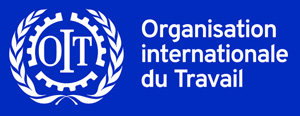
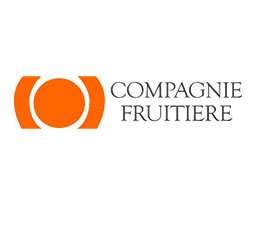
La Compagnie Fruitière
La Compagnie Fruitière is a family business founded in 1938 in Marseilles, a leader in Europe and the leading fruit producer in the Africa-Caribbean-Pacific zone, specialising in the production, transport and distribution of fruit and vegetables. It produces, transports, ripens and markets over 960,000 tonnes of fruit and vegetables, including 473,000 tonnes of bananas in Europe and around the world.
Integrated control of the entire chain, from production to distribution, gives it unique operational efficiency, as well as total control over the quality and taste of the products it distributes.
The Compagnie Fruitière is committed to a responsible approach, a guarantee of the long-term future of its business. In all the countries where it operates, the group has put in place a proactive policy that includes respect for workers and the environment. ‘There is no good fruit without the passion to do well, the energy to surpass ourselves and the respect for each other and our environment’. Jérôme Fabre, Executive Chairman of Compagnie Fruitière.
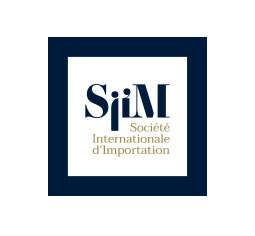
La Société Internationale d’Importation (SIIM)
Founded in 1978, Société Internationale d’Importation (SIIM), the main subsidiary of the family-owned Omer-Decugis & Cie group, is a key player in the European tropical fruit and vegetable market and a leader in Africa. Its flagship products are bananas, pineapples, ripe fruit (mangoes, avocados), small exotic fruit and Premium tropical fruit and vegetables.
With production facilities in Africa and Latin America, SIIM has its own logistics network in France and Spain, from which it supplies all European markets. Recognised for its high standards of quality and food safety (AEO accreditation), SIIM is a member of the BSCI, adheres to the United Nations Global Compact and supports the Rainforest Alliance.
It has won the GEL tender for 2021, enabling it to market Madagascar lychees in Europe.